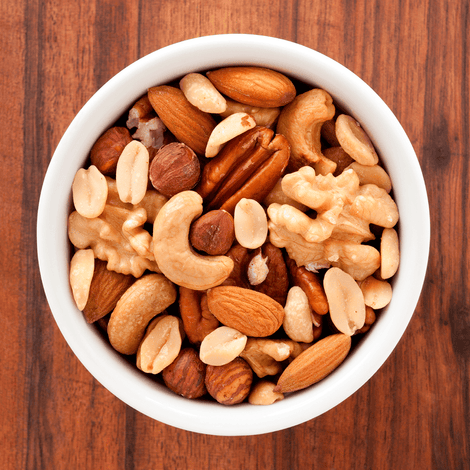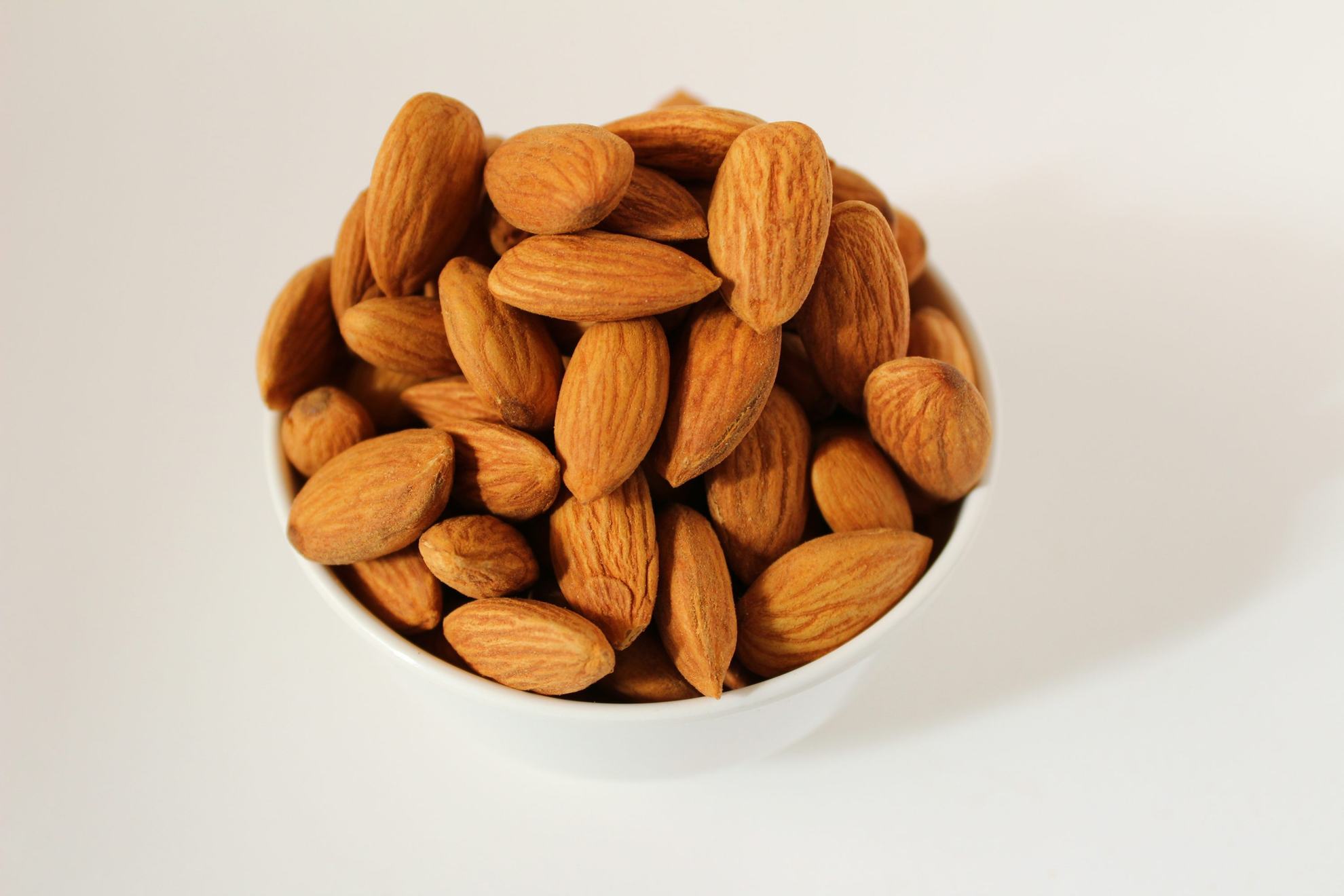Diabetes is now one of the most common chronic diseases worldwide. It affects nearly 10% of adults. In Belgium, France and Luxembourg, the trend is similar. Once associated with older populations, this condition is increasingly seen among younger people due to modern lifestyles: poor diet, stress, and lack of physical activity.
In this context, nutrition choices are key. They play a central role not only in prevention but also in the daily management of the disease. Among the foods worth adding to your diet, nuts stand out as powerful health allies.
Understanding the link between food and diabetes
Type 2 diabetes is mainly defined by chronic hyperglycemia caused by progressive insulin resistance. The body becomes less efficient at using the glucose in the blood. This leads to sugar buildup and, over time, multiple complications such as cardiovascular, kidney, and eye problems.
One of the most effective ways to manage or reduce these effects is to follow a low glycemic index (GI) diet. These foods don’t spike blood sugar levels. Instead, they’re digested slowly and release glucose gradually. That reduces stress on the pancreas and helps keep energy stable.
Nuts as low glycemic index champions
Nuts like almonds, walnuts, hazelnuts, pistachios and cashews all have one thing in common: they barely impact blood sugar. They’re naturally low in available carbohydrates and rich in fiber, plant-based protein and healthy unsaturated fats. This combination slows digestion and stabilizes blood glucose levels.
Despite their high calorie content, nuts are not off-limits for people with diabetes. The key is portion control. Regular and moderate consumption – around 30 to 40 grams per day – fits perfectly into a balanced diet.
What science says about nuts and diabetes
Many studies confirm the benefits of nuts for people with type 2 diabetes. One analysis published in 2022 showed that nut consumption improves blood sugar regulation, lowers LDL cholesterol, and reduces inflammation markers.
Another study, published in BMJ Open Heart, found that eating 30 grams of nuts daily was linked to a significant drop in cardiovascular complications, especially in poorly controlled diabetic patients.
Research from Penn State University also showed that pistachios in particular help improve post-meal blood sugar response by reducing sugar spikes after eating and supporting long-term metabolic balance.
Not all nuts are created equal
While most nuts offer similar health advantages, some have specific properties especially beneficial for people with diabetes.
Almonds are rich in magnesium, a mineral that plays a key role in glucose regulation. Walnuts are loaded with omega-3 fatty acids, great for heart health. Hazelnuts are a good source of natural antioxidant vitamin E. Pistachios are among the lowest in available carbs. Cashews, slightly higher in natural sugars, are still suitable when eaten raw and unsalted.
The most important factor is to choose natural, unprocessed nuts. Opt for raw or dry-roasted versions without added salt, sugar or oil. These are easier to digest and better for your health overall.
How to add nuts to your daily routine
To get the full benefit of nuts, make them part of a well-balanced diet. A small handful is enough, ideally as a snack, to curb hunger without affecting blood sugar. You can also add them to plain yogurt, mix them into oatmeal or use them as a topping on salads.
Avoid store-bought mixes with chocolate chips or candied fruit, which often contain too much sugar. Homemade blends or bulk organic options are a smarter choice.
At work too healthy habits matter
The workplace is a key area for improving health habits. Food decisions are often made under stress, fatigue or time pressure, leading to poor choices like pastries, candy bars or ultra-processed salty snacks.
Offering better options like plain nuts or natural snack mixes can make a real difference in day-to-day eating habits, especially for employees managing diabetes. Some companies are already making this shift, installing zero-waste nuts dispensers or providing unprocessed snacks in break rooms.
These initiatives go beyond personal health. They also support workplace well-being policies and sustainability goals, which are increasingly valued in CSR strategies.
A small snack with a big impact
Nuts check all the right boxes: rich in healthy fats, low in sugar, filling, and blood sugar friendly. They’re a simple, natural and accessible tool for managing diabetes and preventing long-term metabolic imbalances.
In a work culture shifting toward healthier and more sustainable practices, this kind of snack fits right in. It’s a reminder that good nutrition often starts with small steps. And that something as simple as a daily handful of nuts can make a real difference.
Published on 03/10/2025












